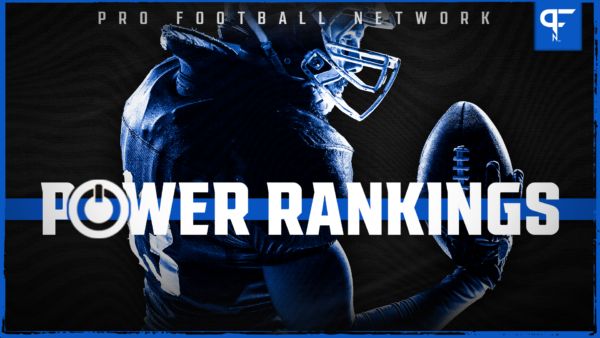For a teenager from Minneapolis, earning a spot on the inaugural gymnastics team at Talladega College in Alabama was like stepping into history. The small HBCU had become only the second in the country to launch a gymnastics program, following in the pioneering footsteps of Fisk University in 2022. But for that teenager, this wasn’t just about joining a team. It was about becoming part of a movement—one that celebrated representation, resilience, and the brilliance of Black girl magic in a sport that hadn’t always made room for it. How?
Diamond Cook’s talent caught fire at the Brown Girls Do Gymnastics camp, a safe haven for gymnasts of color to be seen, supported, and inspired. It was there that Aja Sims-Fletcher, then-head coach at Talladega, first spotted her—midair, mid-tuck, full of promise. “I saw something in her, kind of like a spark and an energy that was really, really inviting,” Aja said. That one moment sealed it. “And I was like, wow, you are very good, and I would love for you to be a part of this team.” Diamond had found her launching pad. But the road ahead wasn’t without twists.
Meanwhile, life shifted. Dreams evolved. Diamond’s time at Talladega came to a close, and with it, the comfort of the foundation she helped build. However, for many, a detour like that might have felt like a setback. But Diamond Cook? She turned it into a comeback.
ADVERTISEMENT
Article continues below this ad
Now repping Wilberforce University—a fellow HBCU with a brand-new gymnastics program barely a year old—Diamond isn’t just competing. She’s making history again. On April 11, with grace, grit, and that same undeniable spark, she became the first gymnast from Wilberforce to qualify for the national event finals in floor exercise. From a team still finding its rhythm, Diamond rose above the noise, becoming a beacon for what’s possible when you refuse to let go of your fire. And this fire might help her on Sunday (April 13) to make her position in the leaderboard. Again, the route will not be easy.
On Sunday, the gymnast will face tough competition in the floor exercise event. On her opposition side, there are names like Lily McFarland (WCU), Erica Beyer (SCSU), Sophie Hernandez (TWU), Abigail Kenney (Bridgeport), and Bailey Upton (TWU). And to topple such names would need something more in characters. Does Diamond Cook have that? Well, as we know, pressure creates diamonds, and the Minneapolis native has had several such situations. One of those came to her at Talladega College last year.
The uncertainty in continuing collegiate gymnastics
Just as it was starting to find its rhythm, the Talladega College gymnastics program—one of only two at historically Black colleges—was abruptly shut down last year. The announcement came like a crack in the floor beneath the athletes’ feet. This wasn’t just about a team being disbanded. It was about dreams being paused, erased, and rewritten. Also, the timing couldn’t have been more painful. The gymnasts, including standout talent Diamond Cook, had been making waves on the national stage. They weren’t just participating in USA Gymnastics competitions—they were performing. Representing. Inspiring. Proving they belonged. So why pull the plug?
As it turns out, the culprit was the all-too-familiar challenge that haunts programs with heart but not deep pockets: money. The college cited a lack of financial support as the main reason for shutting down the program. Despite their success, despite their visibility, despite the undeniable need for spaces like this—especially for young Black women in a sport still working on inclusivity—the funding just didn’t come. But the athletes didn’t go down without a fight.
Led by voices like Diamond’s, the team rallied. They launched a GoFundMe campaign, calling on the community, alumni, fans—anyone—to help them keep their program alive. Their plea wasn’t just for mats and leotards. It was for opportunity. For equity. For the chance to keep making history.
ADVERTISEMENT
Article continues below this ad
“We know that our goal is daunting, but without it we will be forced to put our education and athletic careers on hold. It is too late for our team to find homes.” The message read between every line. But despite the spirit, the story didn’t get its fairytale ending—at least not there. The lights dimmed in the gym. The vaults and beams fell silent. The program was gone. And yet, even in that silence, something still echoed.

ADVERTISEMENT
Article continues below this ad
Hope. Because athletes like Diamond Cook didn’t stop flipping. They didn’t stop flying. They simply found new places to rise—like Wilberforce University, where Diamond is now carving a whole new chapter.





